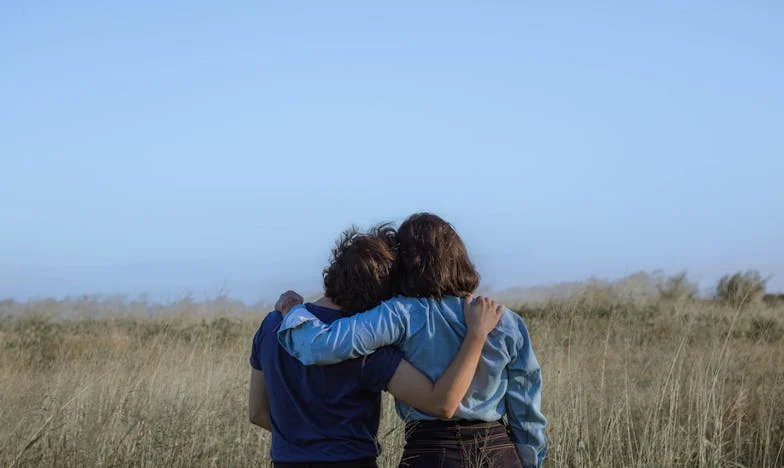“A Rift Over Financial Independence: When Friendship Clashes With Reality”
It was a chilly evening in November when my long-time friend, Eva, and I decided to catch up over coffee. The café was cozy, with the aroma of freshly brewed coffee filling the air, a stark contrast to the coldness that would soon envelop our conversation.
Eva and I had been friends since our college days at the University of California, where we shared dreams, secrets, and countless memories. She was there when I married Justin, and she was the first to know when things started to get rocky between us.
However, that evening, the warmth of our friendship seemed to fade as the topic of my marriage and financial independence came up. Eva, always the pragmatic one, didn’t hesitate to voice her concerns about my future.
“Eva, I’m just not happy anymore,” I confessed, stirring my coffee absentmindedly. “Justin and I, we’re just… we’re not on the same page.”
Eva’s response was immediate and sharp. “Ariana, have you even thought about how you’ll manage if you leave him? You haven’t worked since you got married. How do you plan to support yourself?”
Her words stung. It wasn’t like I hadn’t considered my financial situation, but hearing it from Eva made it all too real. “I… I don’t know yet, but I’ll figure it out. I trust that things will work out,” I replied, trying to sound more confident than I felt.
Eva shook her head, her expression a mix of frustration and pity. “Trust won’t pay the bills, Ariana. You’re living in a fantasy if you think you can just walk away without a plan. You’re too dependent on Justin.”
The conversation spiraled from there. Eva accused me of being naive and irresponsible, while I argued that she was being unsupportive and judgmental. The more we talked, the more it became clear that our views on independence, trust, and financial security were worlds apart.
The argument ended with Eva stating, “Maybe you’re just scared to face reality, Ariana. It’s easier to stay in a comfortable situation than to work for your own independence.”
I left the café that night feeling a mixture of anger, sadness, and betrayal. Eva’s words echoed in my mind, not because they were hurtful, but because they held a truth I wasn’t ready to face. My reliance on Justin wasn’t just about financial stability; it was about fear—fear of the unknown, fear of failure, and fear of being alone.
In the weeks that followed, Eva and I barely spoke. Attempts to reconcile felt forced and empty. Our friendship, once a source of comfort and understanding, had become another casualty of my refusal to confront the realities of my situation.
As I sit here, writing this, I can’t help but wonder if things could have been different if I had listened to Eva’s concerns instead of seeing them as an attack. Maybe then, our friendship could have survived the harsh truths we were both afraid to face.
The rift between us serves as a painful reminder that sometimes, the most challenging conversations with those we care about are the ones we need the most. And perhaps, in avoiding those conversations, we do more harm than good—not just to our relationships, but to ourselves.
